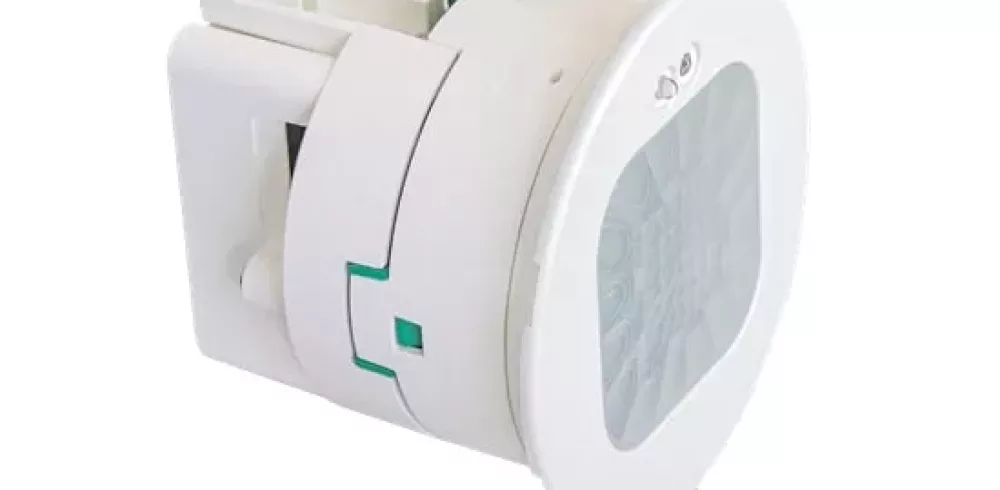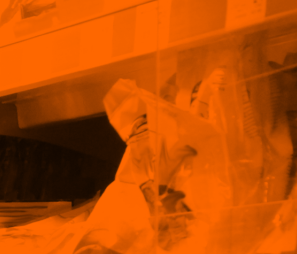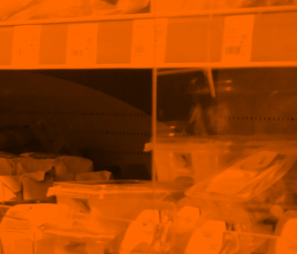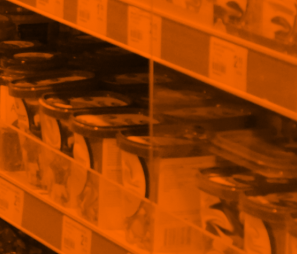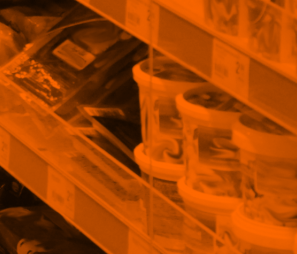Cucumber Lighting Controls is a company built on delivering energy-saving commercial lighting motion sensor. For the British-based business, this extends to all aspects of manufacturing.
One factor Cucumber is fastidious about is ensuring that all components that make up their motion sensors are produced in the most sustainable way. From being made on British soil, to meeting all of the domestic REACH, RoHS, material, minerals and pollutants due diligence requirements, it can be challenging to maintain tight control when supply partners are based on different continents. That’s why Cucumber made the conscious decision to opt for a resilient rightshoring supply chain business model. With Broanmain Plastics front and centre of it.
For over 12 months, Broanmain has delivered a hothouse of technical ideas to support Cucumber’s innovative and ambitious UK launch strategy. Gearing up to unveil their first passive infrared lighting motion sensor range to the UK market, CEO Mark King reflects on their rightshoring rationale. Including the cost and quality control benefits of collaborating with UK-based manufacturing experts that can manage tooling projects performed the other side of the globe.
Priding itself on being a quintessentially innovative British-business, Cucumber’s founders intentionally hand-picked Broanmain as their injection moulding tooling and manufacturing partner. Eager to retain as much manufacturing domestically, having Broanmain based close to their headquarters has given the Cucumber product development team and investors complete oversight of every phase of the tool design, trials, and product testing.
Backyard support
In the last year, Broanmain has project managed the entire process of developing 11 moulding tools in China to support the soft launch of Cucumber’s passive infrared motion sensor range. Already, the Dorking-based team is working in close partnership with Cucumber on the next phase of 20+ product tools. Concurrently, the moulding workshop has been busy manufacturing the first MOQ, which Broanmain holds in stock enabling the motion sensor specialist to call off in batches as required.
The benefits of sending the toolmaking to China, yet having the Broanmain team manage this from the UK have been multiple, notes Cucumber’s CEO. “It’s been the most logical way to approach the development of our commercial lighting sensors. We benefit from an experienced toolmaker and moulder who can manage the entire relationship with their Chinese toolmaker. Knowing that the tools are manufactured and tested to UK standards has enabled us to concentrate our efforts on preparing for the market launch, including the development of the Cucumber App that will control our energy-saving sensors,” explains Mark.
Lighting the sustainable way
Drawing on the Cucumber’s extensive knowledge of the motion sensor market, the team has been able to configure a balanced supply chain model. One that is not only priced competitively, but delivers flexible localised production and ‘Made in Britain’ quality control. “The Cucumber ethos is focused on sustainability and supporting the local economy. Manufacturing components on UK shores is by far the most sustainable way to create a product that will be sold and used here,” adds Mark.
PIR sensors will play a massive role in addressing commercial energy waste and usage habits, forecasts Cucumber. Featuring snap-fit joints, and CE certified, the company’s first range of PIR sensors feature five individual components.
Fully committed to supplying safe and environmentally friendly products that comply with the European Union RoHS and UK REACH directives, Cucumber has received number of compliance statements testifying that Broanmain has carried out all reasonable material due diligence.
Most of the sensor’s plastic components are moulded from an ABS Polycarbonate blend. As a thermoplastic polymer, this is recyclable notes Broanmain Operations Manager Thomas Catinat. “The sensor casings themselves are made from virgin ABS. However, at the end of the product’s lifecycle, the component can be recycled, melted down and made into another product or part.”
Shorter MOQs and local production runs can also minimise polymer waste notes Thomas. “Due to the precision aspects of these components, we typically run Cucumber mouldings on our energy-saving all-electric machine. It gives us much tighter processing control, shorter start-ups and consequently less material wastage.”
Citing another benefit of local quality control, Thomas adds: “If there’s an issue with the component or consumer trends dictate a change, the Cucumber team can easily visit us on site. This makes it much simpler to relay information and point out design modifications. Our in-house tooling engineers can then amend the component and run off a new batch. Waste is kept to a minimum and production schedules are tightly maintained.”
Sensing growth opportunities
Broanmain has proved themselves to be much more than a propagation partner. Now in production, Cucumber is thankful that they have a moulding firm at their side with the capacity and ‘can-do’ attitude to scale up their manufacturing capacity when needed.
“There’s already a conveyor belt of new products on the horizon,” notes Mark. Although there are expected to be a number of common parts, another 20 Cucumber light sensor tools will soon be in development. “No business should ever underestimate the benefit of expert industry knowledge. For a small and growing supplier like ourselves, proximity to an extended team really makes commercial sense. It drives innovation and quality. And equally, the rapport we have built up means that we have the assurance of an extended team and manufacturing partner that can grow with us,” adds Mark.
Cucumber Lighting Control products are available through selected UK electrical distributors. www.cucumberlc.co.uk.
Manufacturing & Engineering Magazine | The Home of Manufacturing Industry News




